The real importance of signing up for a race
If you want to improve your physical condition on the bike, setting sporting goals is one of the keys to improving faster. And races meet all the requirements to be considered SMART goals. Here's the best reason to sign up for one.

Why would you improve yourself by simply signing up for a race?
Having a well-defined goal with a deadline makes you train with more motivation and consistency.
Motivation when it comes to training often comes and goes. But having a challenge in sight that won't let you let your guard down will ensure that on those tougher days you manage to stick to your training.
RECOMENDADO
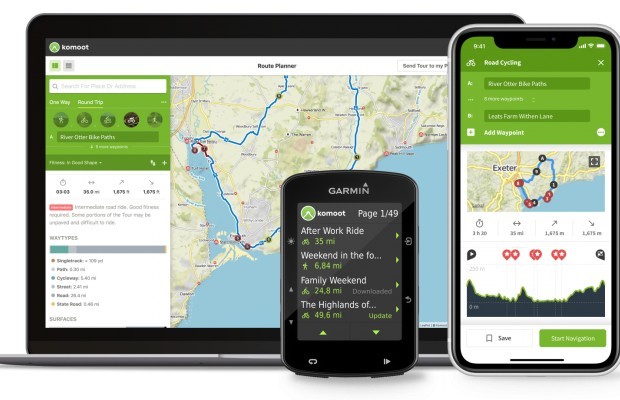
The best apps for cycling and mountain biking
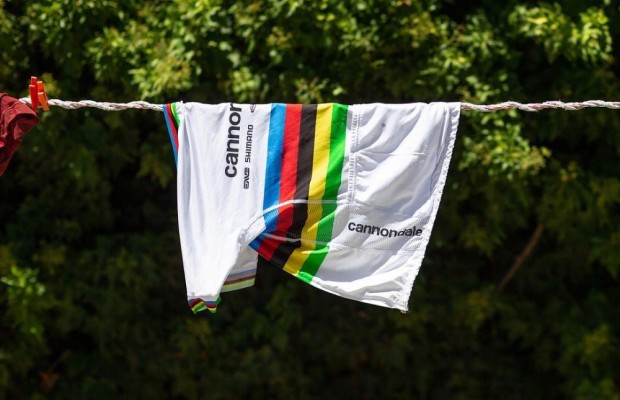
How to wash your cycling clothes? 10 keys to make them always look new
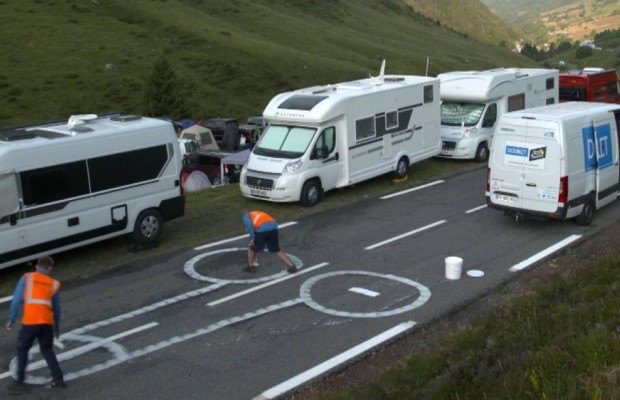
This is how they erase the penises that are drawn on the roads of the Tour de France
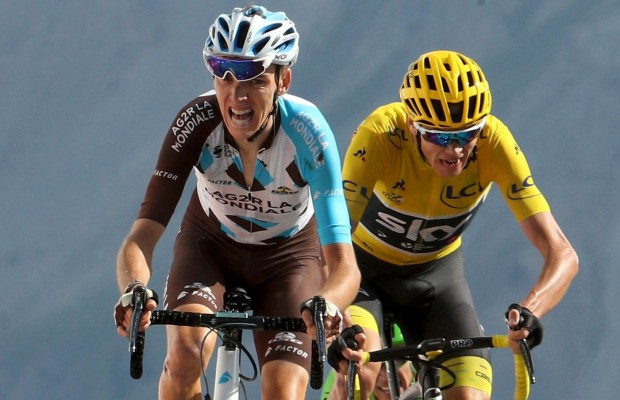
How to lose body fat? Differences between losing weight and losing fat

When must the tubeless tire sealant be replaced? What quantity?

Free alternatives to Zwift
In addition, having a goal with a clear distance and elevation gain will improve your focus and make you train more specifically.
Sometimes, if we don't have a set objective, we take blind steps in each training session. This tends to cause our fitness to stagnate simply because the training sessions are not aimed at improving a specific ability, but rather improvisation becomes part of the training routine.
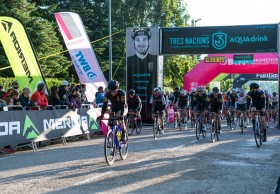
Another positive aspect of taking part in competitions is to push your limits. You will see that there are people capable of going faster than you over the same distance in the same conditions, and in many cases, the only thing that separates you from them is years of training or quality of training. But you will discover that it is possible and how much room for improvement you still have.
Just as there will be faster people, there will also be people at your level. You will be able to measure yourself head to head with them and find out what your strengths and weaknesses are. This will allow you to reorganise your training to work on your weak points, so that your level will increase faster.
What is a SMART goal?
You will agree that it is not the same to say: I'm going to train for a cyclotourist march, as to say: I'm going to train to get under 7h in the Quebrantahuesos (200km and +3500m) on the 18th of September to prove to myself that I am capable of doing whatever I set my mind to.
What differentiates the second statement from the first is that it is a goal defined by the SMART rule. The word "smart" means intelligent, but what really interests us is that it acts as an acronym. Each of its letters is an initial of one of the rules that our goal will have to comply with in order to really make us improve.
- Specific
- Measurable
- Attainable
- Relevant
- Timely
The goal must be specific, it is not enough to say I'm going to do a cycling tour, but we must choose what it is going to be and what characteristics it has. The more information you know, the better you will be able to orientate your training.
In addition, it is important that you describe the objective in such a way that you can easily measure whether or not you have achieved it. Or see what percentage you have achieved it. In the example above, talking about a target time is a good option.

Logically, the goal must be achievable. If you set yourself something that you know is unrealistic no matter how hard you train, your motivation will fade over time. Set yourself a challenge that you are not ready for today, but you know that if you do things right, you will be able to achieve it.
The relevance of the goal, what you are doing it for, is one of the most important points. The more meaning you give to the importance of meeting that challenge for you, the more perseverance and consistency you will have over time.
In the initial example: to prove to myself that I am capable of doing whatever I set my mind to.
And last but not least. Your goal must have a deadline by which you examine whether you have achieved it or not. If you don't set that deadline, you can always be preparing for that cycle tour that never really arrives. To take action you need the date to be on the calendar.
Text by Pablo RAL, graduate in Physical Activity and Sport Sciences, Master in high performance in cyclic sports and trainer specialised in endurance sports.